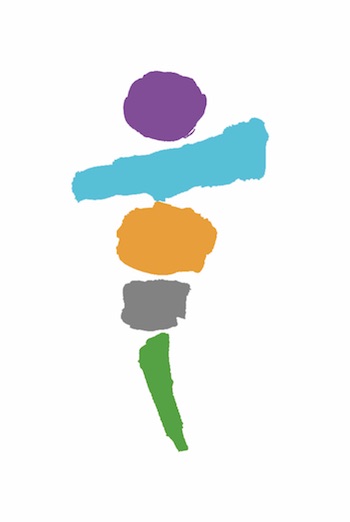How do we look after ourselves right now? It’s a question that at the best of times can be tricky to answer but with the upheavals to everyday life we are now all experiencing this question could be perplexing.
I’m not going to offer tips, tricks or advice. Each of us will have different needs and what works for someone else may well not work for you, so I cannot usefully tell you what you should be doing. How, then, do we each find out what actions will helps us take care of ourselves?
With so much shifting in our lives, a very understandable way of coping can be to busy ourselves, scheduling our days to give us structure to support us in the uncertainty of the crisis. Whether it’s about getting the work we need done, arranging contact with friends and family, organising our essentials, or entertaining ourselves, it’s understandable that in pressured circumstances a lot is demanded of us. While none of this is necessarily problematic, it can — and this is my experience of isolating myself in the current Covid-19 crisis — create an unexpected busy-ness that can leave little time for attending to my own responses. I see it as perhaps an attempt to restore what we have lost with what we already know works but crucially this does not necessarily take account of how our situation has changed. The world is not the same as it was two weeks ago, and neither am I.
This is why it can be so important to allow an active pause in your day. This is not just stopping your doing. It is also about letting this happen with the intention to offer yourself something. In the first instance, what you can offer yourself is just your attention.
What comes from such moments is what I consider to be one of the three strands of self-care: self-connection – an opportunity to listen to what’s going on. What’s it like in here? What feelings, qualities and textures are here? Staying with this connection, we might start to move towards self-recognition – a sense of the shape of things, an understanding of sorts, a pattern or image that emerges, even a character. This may be familiar in some ways or new to us but once we have met it and start to know it we can be in dialogue with it, which I call self-accompaniment. From this relationship with ourselves we can start to ask about what care we need and find the specific actions that will help.
Perhaps these are experiences you already have? Or they may seem unfamiliar. Either way, I invite you to start simply by allowing yourself an active pause, right now…
…
…
…
…
…
…
…
…
How was that?
As your active pauses become more integrated into whatever you are doing you will find that you can become more practiced at connecting, recognising and accompanying yourself. To support yourself in doing this you may also want to try some Focusing sessions which can help clarify what gets in the way.
Focusing on self-care is a way to find out how I am and what I need in this moment. It’s a way of looking at self-care beyond doing nice things for yourself — although there’s nothing wrong with that — and finding what works for you in this situation, right now. For me, self-care isn’t really about what I do but rather emerges from a process of meeting myself again and again with the intention for self-connection, self-recognition and self-accompaniment. And, crucially, it rests on me giving myself the active pauses I need for that to happen. This is often harder than it might seem.
It’s important to say that self-care is often perceived as something that you have to do by yourself. But I don’t feel that is necessarily the case. While self-care is about you, it can be helpful to experience it in relationship with others and help us to learn and communicate that when we are with others we can also be with ourselves. You can try arranging an active pause at the same time as someone else, even remotely. Or you could take it in turns with someone else to support each other to have active pauses for yourselves.
